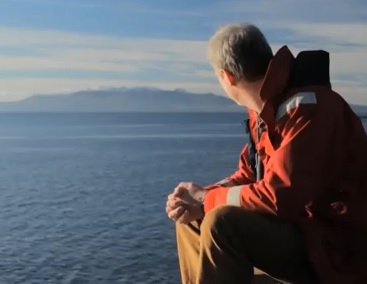
The sea is by and large a giant public open space, usually owned in some form by the state on behalf of the public. The sheer scale and multiple user nature of the space means that there are often occasions where privatisation and the use of the free market to manage this space makes some sense. Indeed, there is a significant academic literature on the success of catch shares on management of the commercial fishing sector (see for instance Costello et al.). In a nutshell, the theory goes (and it is always dangerous to reduce complex theories – so apologies): privately owned sea fisheries perform better than open access ones. But this one-size-fits-all doctrine has major flaws and often overlooks the nuances of the impact of that theory in a given location.
This paper looks at the impact of the privatisation of the UK commercial fishery on the sector. The UK made a major mistake in its allocation of fishing quota and other opportunities; by doing so for no fee (essentially permitting some owners to squat the fishery) and on uncertain terms (how long the right lasts, transferability, cancellation terms etc.) it fell into a trap of rapidly creating wildly unequal opportunities for those operating fishing businesses. Those fishing businesses lucky enough to have the right paperwork at the right time had exclusive access to the resource and those who did not had to pay rent or somehow buy their way in. This was compounded by government action, which simultaneously publicly commented that the fishery was a public resource while at the same time treating fishing quotas as privately owned (through taxation etc.). Ultimately this internally contradictory policy was challenged in the courts and led to the finding that fishing quota was a property right in some circumstances. This is important because there is, in effect, an asset lock once privatisation has taken place; the state can only redistribute that quota with appropriate statutory authority and after paying full market value in compensation – thus raising the spectre that if redistribution is needed (for very sensible reasons – such as the lack of affordable quota for some ‘choke’ species) then it needs to be bought back by the public purse. The effect is to drastically reduce the management options available.
This is not to say privatisation per se does not work and is not a useful option in the management toolkit, but there needs to be a proper contract drafted up between the state and the private owner setting out the basis of legal ownership, what contractual tools the state has to ensure the smooth operation of the market, and how the public should be recompensed for exclusive access to their resource. There may be other legal approaches (such as ‘inflating’ quota by watering down the entire share and holding some back and allocating it as a fresh tranche) but this is complex and would potentially give rise to legal challenge.
- T. Appleby, E. Cardwell, J. Pettipher. Fishing rights, property rights, human rights: the problem of legal lock-in in UK fisheries. Elem Sci Anth. 2018; 6(1):40. DOI: http://doi.org/10.1525/elementa.295
